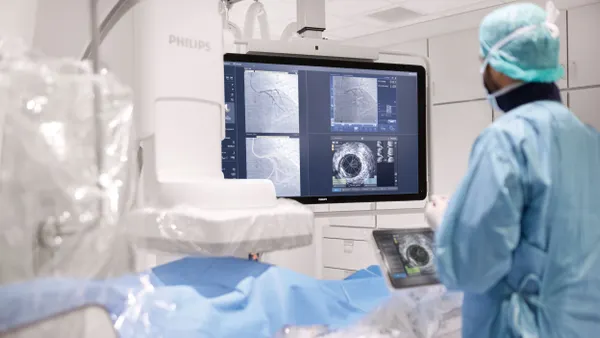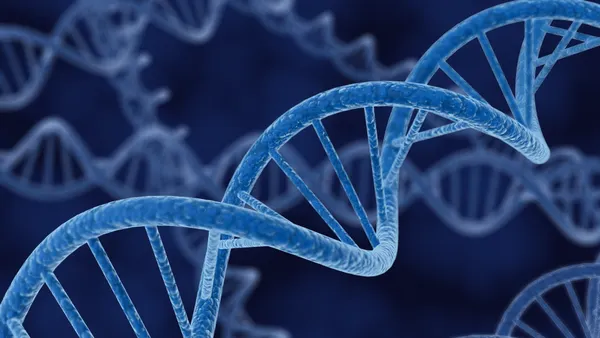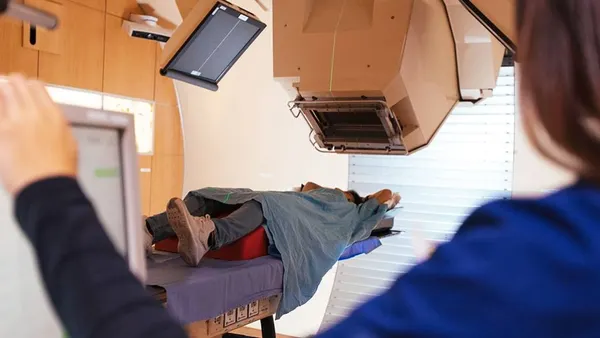Dive Brief:
- FDA will allow marketing of two diagnostic tests capable of detecting bacteria that causes chlamydia and gonorrhea, using samples from the throat and rectum, the agency announced Thursday.
- The tests, Hologic’s Aptima Combo 2 Assay and Cepheid’s Xpert CT/NG, were previously cleared for testing vaginal and endocervical samples.
- The agency said it reviewed data from a multi-site clinical study of more than 2,500 patients to evaluate the two tests for safety and effectiveness for extragenital testing.
Dive Insight:
Chlamydia and gonorrhea are the most common forms of sexually transmitted disease, and infection rates are rising. FDA thinks the new testing methods should help get more people screened and treated faster.
“It is best for patients if both of these sexually transmitted infections are caught and treated right away, as significant complications can occur if left untreated. Today’s clearances provide a mechanism for more easily diagnosing these infections,” Tim Stenzel, FDA’s director of the Office of In Vitro Diagnostics and Radiological Health, said in a statement.
More than 1.7 million cases of chlamydia were diagnosed in 2017, with 45% among 15- to 24-year-old females. Over 500,000 people were diagnosed with gonorrhea in the same year, according to the Centers for Disease Control and Prevention. From 2013 to 2017, gonorrhea diagnoses increased 67% and chlamydia cases rose by 22%.
Both infections are easily treated if caught early but can cause serious complications, including infertility, if left untreated. Both can be contracted through vaginal or oral sex.
Hologic sells a range of women's health products, with a portfolio of mammography, diagnostic, gynecologic and medical aesthetics devices. Molecular diagnostics has been a steady performer for the company, generating revenue growth of 6% in 2018.
Cepheid specializes in molecular diagnostics for infectious diseases, including healthcare associated infections, strep and flu, as well as cancer and genetics testing.
FDA said its clinical study of the Hologic and Cepheid tests was coordinated by the Antibacterial Resistance Leadership Group, which is funded by the National Institute of Allergy and Infectious Diseases. The study looked at the accuracy of multiple commercially available nucleic acid amplification tests for detecting gonorrhea and chlamydia bacteria.







